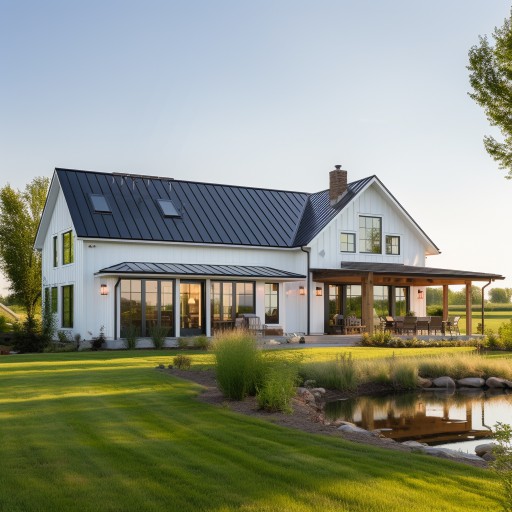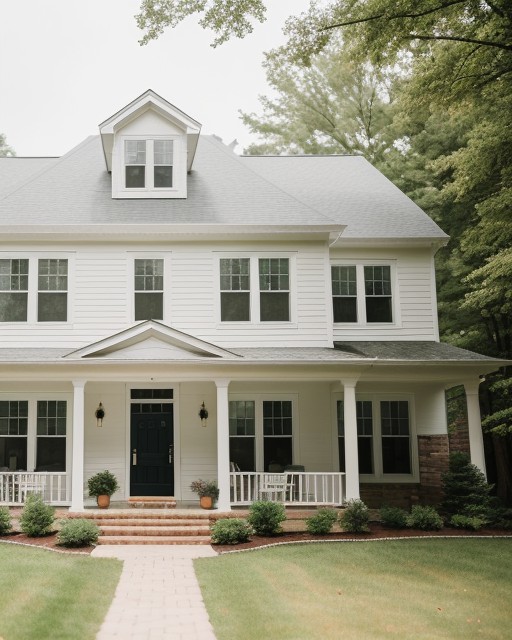How to Choose the Perfect Heat Pump for Your House

co-founder
- Understand the Different Types of Heat Pumps
- Assess Your Home's Heating and Cooling Needs
- Determine the Correct Size
- Compare Features and Warranties
- Seek Professional Guidance
- Don't Forget Maintenance
Heat pumps have become increasingly popular as homeowners look for energy-efficient and environmentally friendly heating and cooling solutions. These versatile systems can provide year-round comfort, reduce energy consumption, and lower utility bills. However, with various options available on the market, selecting the right heat pump for your home can be challenging. In this comprehensive guide, we'll walk you through the steps to choose the perfect heat pump for your house.
Understand the Different Types of Heat Pumps
Before diving into specific models and features, it's essential to understand the different types of heat pumps available:
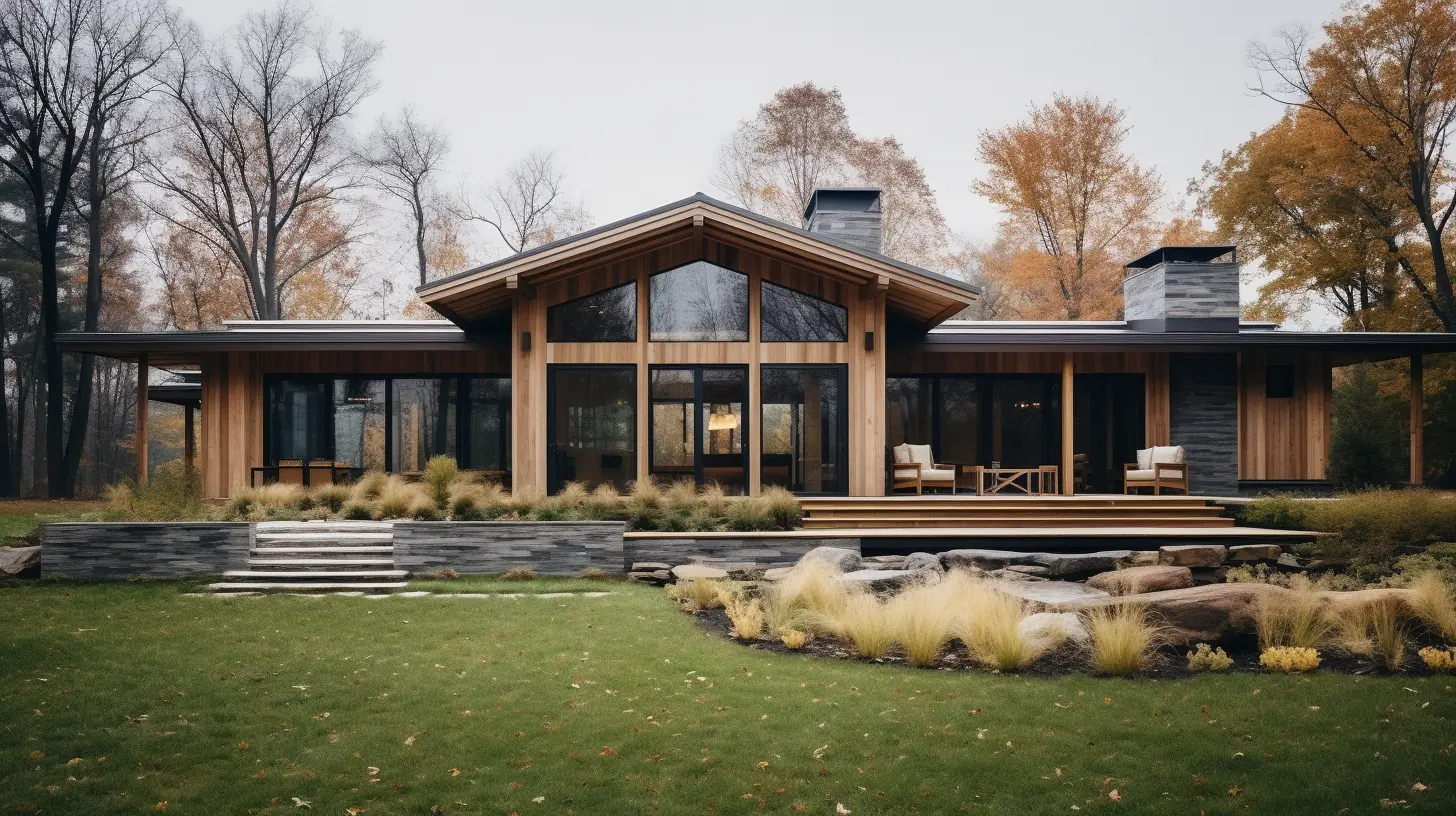
Air-Source Heat Pumps
Air-source heat pumps extract heat from the outside air and transfer it into your home for heating. In the summer, they reverse the process to cool your living space. Air-source heat pumps are the most common type and are suitable for a wide range of climates.
Ground-Source or Geothermal Heat Pumps
Ground-source, or geothermal, heat pumps extract heat from the ground, using the earth's stable temperature to provide heating and cooling. These heat pumps are more efficient than air-source heat pumps but require a higher upfront investment due to the need for ground loops.
Ductless Mini-Split Heat Pumps
Ductless mini-split heat pumps are similar to air-source heat pumps but do not require ductwork. These systems consist of an outdoor compressor and one or more indoor air handling units, making them ideal for homes without existing duct systems or for targeted heating and cooling in specific rooms.
Assess Your Home's Heating and Cooling Needs
To choose the right heat pump for your home, you'll need to assess your heating and cooling needs:
Climate
Consider your local climate when selecting a heat pump. Air-source heat pumps can struggle in extremely cold temperatures, whereas ground-source heat pumps are more effective in colder climates. If you live in a region with moderate temperature swings, a ductless mini-split system may be sufficient.
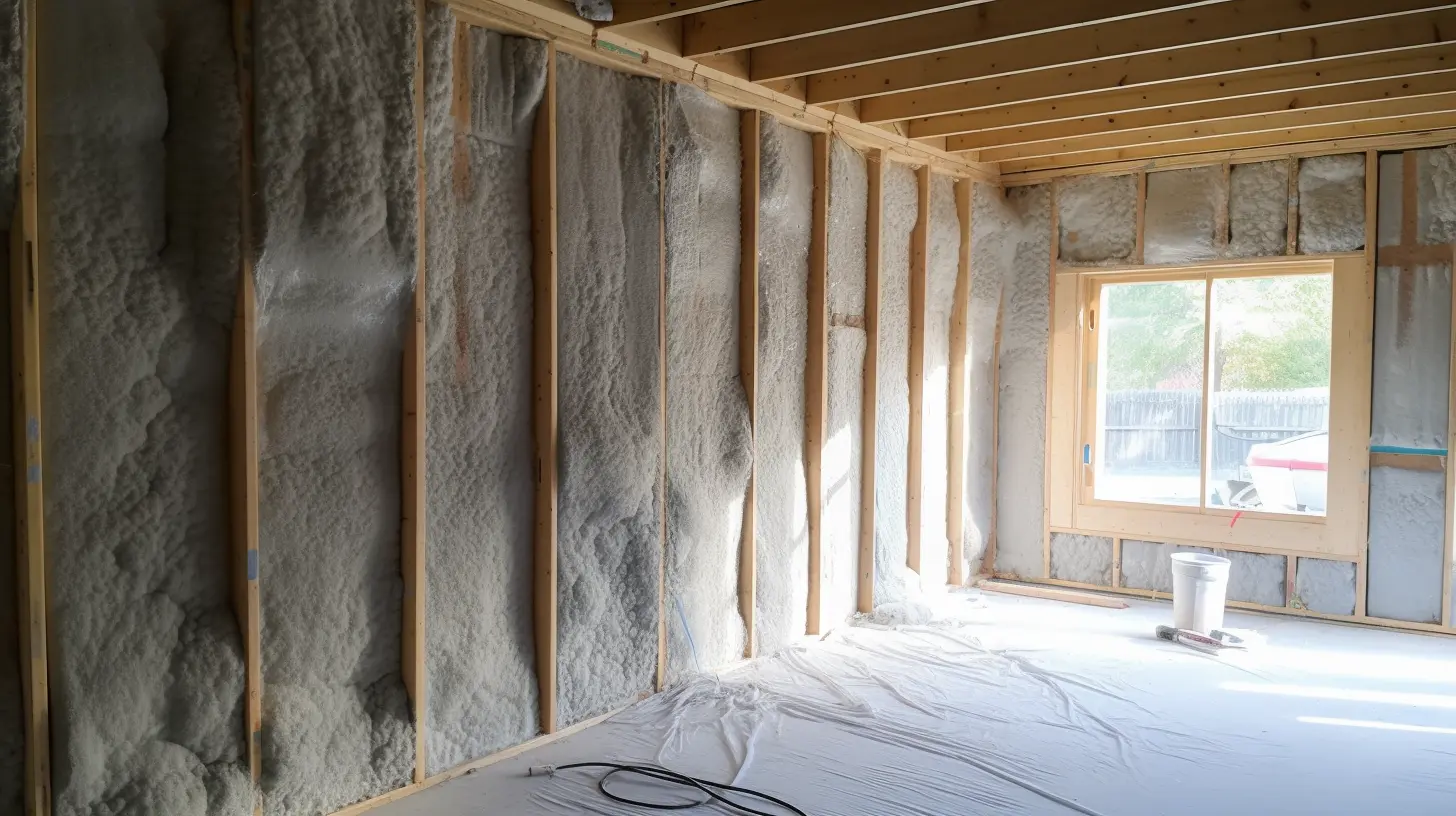
Home Size and Insulation
The size and insulation of your home will impact the capacity and efficiency of your heat pump. A well-insulated home will require less heating and cooling power, while a larger home will demand a higher capacity system.
Existing HVAC System
If you have an existing duct system, an air-source or ground-source heat pump may be the best option. If your home lacks ductwork, a ductless mini-split system could be the ideal solution.
Consider Energy Efficiency Ratings
Energy efficiency is a crucial factor when choosing a heat pump. Look for systems with high Seasonal Energy Efficiency Ratio (SEER) and Heating Seasonal Performance Factor (HSPF) ratings. These ratings indicate the system's cooling and heating efficiency, respectively. The higher the ratings, the more efficient the heat pump.
Determine the Correct Size
Proper sizing is critical for the performance and efficiency of your heat pump. A system that is too small will struggle to maintain comfortable temperatures, while an oversized system may cycle on and off frequently, reducing efficiency and comfort. Consult with a professional HVAC technician who can perform a load calculation to determine the appropriate size for your heat pump.
Compare Features and Warranties
Different heat pump models offer various features, such as programmable thermostats, variable-speed compressors, and advanced filtration systems. Compare these features to determine which ones are essential for your comfort and convenience. Additionally, consider the manufacturer's warranty, as a robust warranty can provide peace of mind and protect your investment.
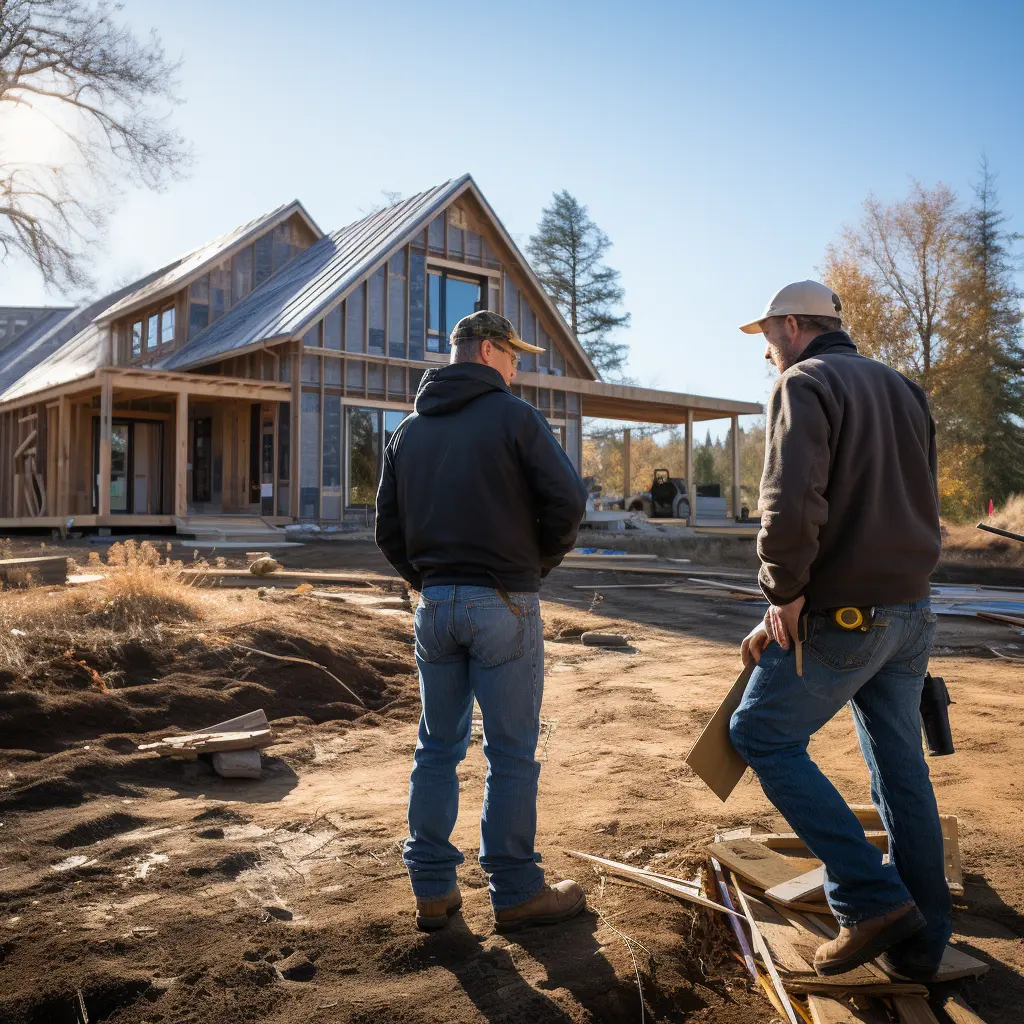
Seek Professional Guidance
Consulting with an experienced HVAC professional is highly recommended when selecting a heat pump. A qualified technician can help you navigate the various options, assess your home's heating and cooling needs, and provide expert recommendations based on your unique circumstances. They can also ensure proper installation and maintenance to maximize the performance and longevity of your chosen heat pump system.
Don't Forget Maintenance
Once you've chosen the perfect heat pump for your house, it's essential to keep up with regular maintenance to ensure optimal performance and efficiency. Schedule annual maintenance with a professional technician, who will inspect and clean your heat pump, check refrigerant levels, and ensure all components are functioning correctly. By investing in routine maintenance, you can extend the life of your heat pump and maintain a comfortable home environment.
Selecting the right heat pump for your home is an important decision that can significantly impact the comfort, energy consumption, and utility costs of your eco-friendly home renovation. By understanding the different types of heat pumps, assessing your home's heating and cooling needs, considering energy efficiency ratings, determining the correct size, and comparing features and warranties, you can confidently choose the perfect heat pump for your house. Remember to seek professional guidance and prioritize regular maintenance to ensure a long-lasting, efficient, and reliable heat pump system.
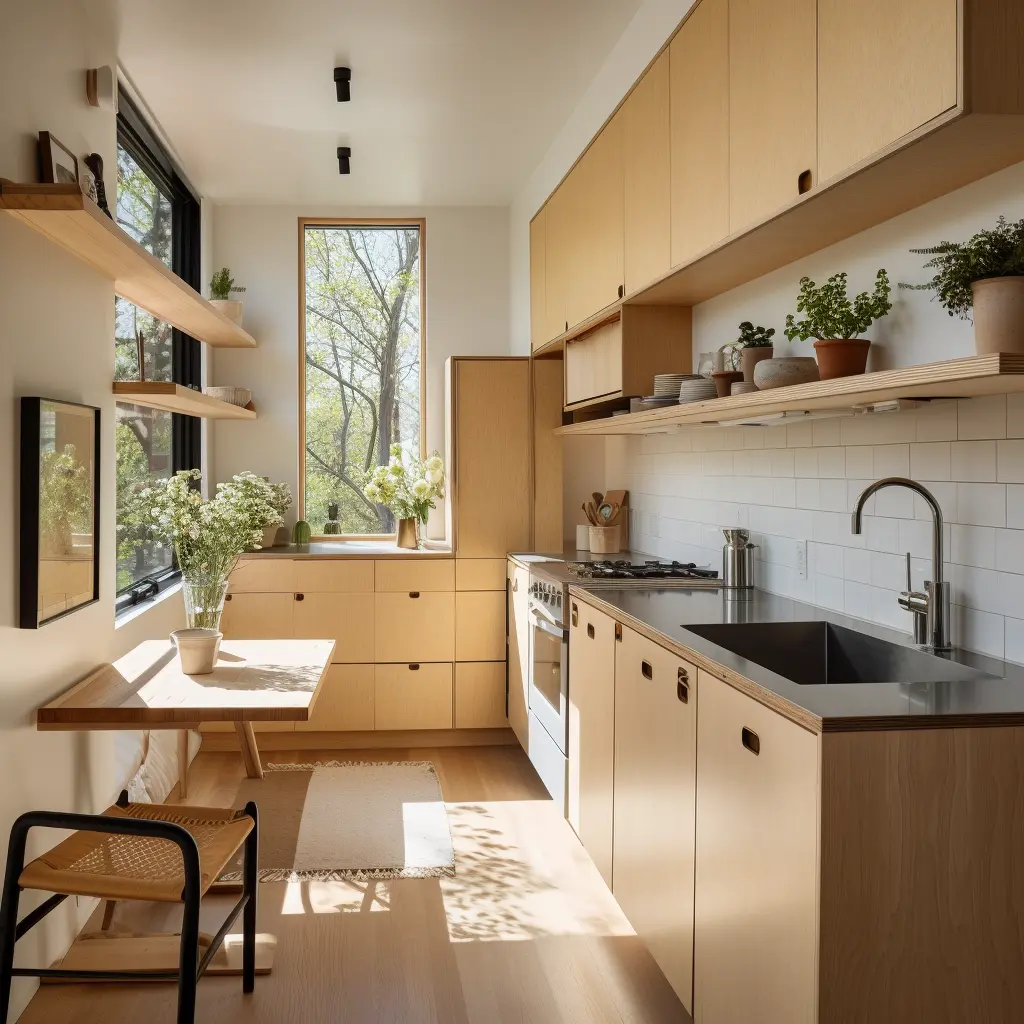
Renovate with EcoHome
EcoHome empowers homeowners to confidently build healthy and comfortable homes for a fair price.
Sign UpLocations View All →
NY
- Albany
- Binghamton
- Buffalo
- Esopus
- Freeport
- Hempstead
- Highland
- Kingston
- Long Beach
- Marlboro
- Mount Vernon
- New Paltz
- New Rochelle
- New York City
- Niagara Falls
- North Tonawanda
- Olivebridge
- Plattekill
- Rochester
- Rome
- Saugerties
- Schenectady
- Shandaken
- Syracuse
- Troy
- Utica
- Valley Stream
- Wallkill
- Woodstock
- Yonkers
NJ
- Bayonne
- Brick
- Camden
- Cherry Hill
- Clifton
- East Orange
- Edison
- Elizabeth
- Jersey City
- Lakewood
- Middletown
- Newark
- Old Bridge
- Passaic
- Paterson
- Toms River
- Trenton
- Union City
- Woodbridge
CT
PA
- Allentown
- Altoona
- Bethel Park
- Bethlehem
- Chester
- Easton
- Harrisburg
- Hazleton
- Lancaster
- Lebanon
- Monroeville
- Philadelphia
- Pittsburgh
- Reading
- Scranton
- Wayne
- Wilkes Barre
MD
- Abingdon
- Baltimore
- Bethesda
- Bowie
- Columbia
- Dundalk
- Ellicott City
- Frederick
- Gaithersburg
- Germantown
- Glen Burnie
- Potomac
- Rockville
- Severn
- Silver Spring
- Towson
- Waldorf


